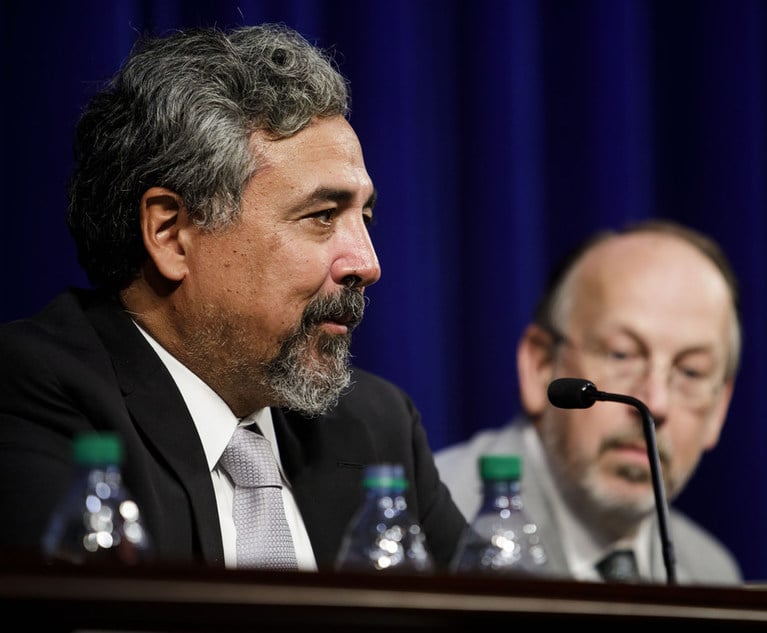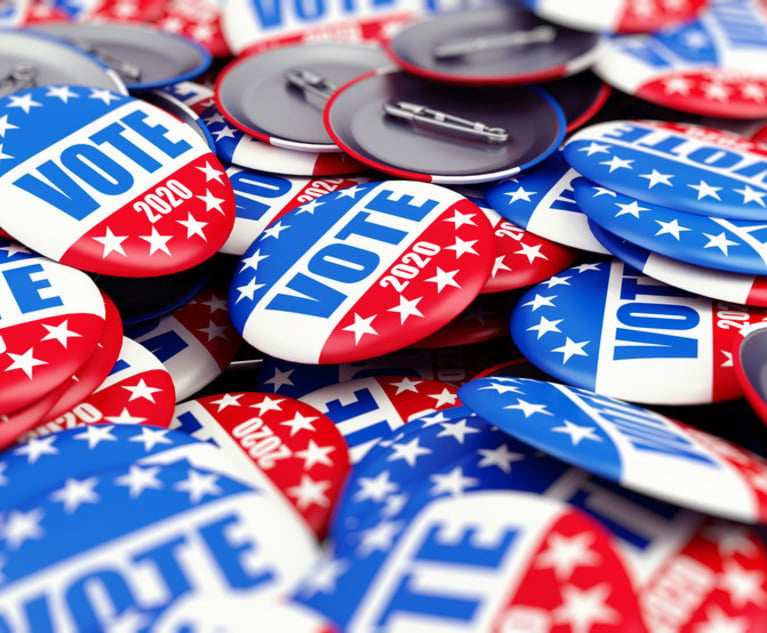New Yorkers generally enjoy a privacy right, embodied in the physician-patient privilege set forth in CPLR 4504(a), preventing disclosure of their sensitive medical information. This privilege provides that, “[u]nless the patient waives the privilege, a person authorized to practice medicine, registered professional nursing, licensed practical nursing, dentistry, podiatry or chiropractic shall not be allowed to disclose any information which he acquired in attending a patient in a professional capacity, and which was necessary to enable him to act in that capacity.” Supplementing this right against disclosure is the federal Health Insurance Portability and Accountability Act (HIPAA), which bars disclosure of a person’s medical information except in specified circumstances or with the person’s authorization, as recognized by the Court of Appeals in Arons v. Jutkowitz, 9 N.Y.3d 393, 413-14 (2007).
However, the court has cautioned that the right against disclosure granted by the privilege and HIPAA may be waived when the person commences a personal injury action in which the person’s “mental or physical condition is affirmatively put in issue.” Koump v. Smith, 25 N.Y.2d 287, 294 (1969); Arons, 9 N.Y.3d at 409, citing Koump. As cogently stated by Judge John Scileppi in his opinion for the Court in Koump: “To uphold the privilege would allow a party to use it as a sword rather than a shield. A party should not be permitted to assert a mental or physical condition in seeking damages or in seeking to absolve himself from liability and at the same time assert the privilege in order to prevent the other party from ascertaining the truth of the claim and the nature and extent of the injury or condition.” Koump, 25 N.Y.2d at 294. When a waiver has been so affected, the plaintiff “may not insulate from disclosure material necessary to the defense concerning that condition.” Hoenig v. Westphal, 52 N.Y.2d 605, 610 (1981).


 Michael J. Hutter
Michael J. Hutter




